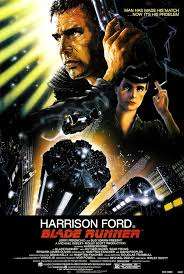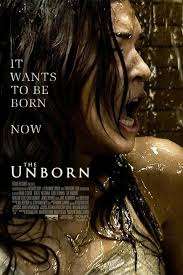No Way Out (1987) is a masterclass in Cold War-era suspense, blending political paranoia, romantic intrigue, and a labyrinthine plot into one of the most riveting thrillers of its decade. Directed by Roger Donaldson and starring Kevin Costner, Gene Hackman, and Sean Young, the film remains a standout for its sharp performances, tight pacing, and a twist ending that still sparks debate nearly 40 years later.
Plot Overview
The story follows Lieutenant Commander Tom Farrell (Kevin Costner), a naval officer who, after a heroic act at sea, is recruited by Secretary of Defense David Brice (Gene Hackman) to serve as his liaison to the CIA. Unbeknownst to Brice, Farrell is romantically involved with Susan Atwell (Sean Young), who is also Brice’s mistress. When Brice discovers Susan’s affair, he confronts her in a jealous rage, leading to her accidental death. To cover up the incident, Brice’s loyal aide, Scott Pritchard (Will Patton), devises a plan to frame a fictitious KGB mole named “Yuri” for the murder, assigning Farrell to lead the investigation. As Farrell navigates the treacherous waters of the Pentagon’s bureaucracy, he must clear his name while uncovering the truth behind Susan’s death.
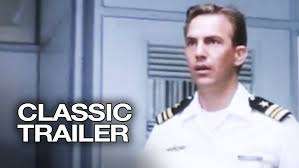
Performances and Direction
Kevin Costner delivers a compelling performance as Farrell, capturing the character’s desperation and determination. Gene Hackman portrays Brice with a mix of authority and vulnerability, while Will Patton’s Pritchard is chillingly manipulative. Sean Young brings depth to Susan, making her more than just a plot device. Director Roger Donaldson skillfully builds tension, using the Pentagon’s labyrinthine corridors to create a sense of claustrophobia and urgency.
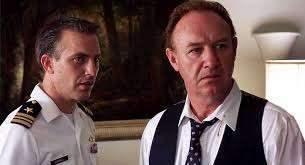
Themes and Relevance
No Way Out explores themes of power, loyalty, and the corrupting influence of politics. The film’s depiction of a government willing to fabricate a foreign threat to cover up internal misconduct resonates with contemporary audiences, reflecting ongoing concerns about institutional accountability. As noted by The Guardian, the film “prophesied a deeply corrupt US government,” making it a timely rediscovery for modern viewers.
Critical Reception
Upon its release, No Way Out received critical acclaim. Roger Ebert praised the film as “a superior example of the genre,” highlighting its complex plot and psychological depth. He noted that the film “respects the audience’s intelligence” and commended its ability to build suspense through multiple narrative threads.
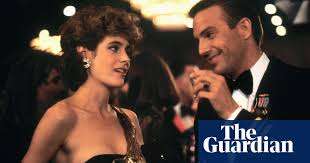
Legacy
While No Way Out may not be as widely remembered as some of its contemporaries, it remains a standout political thriller. Its intricate plot, strong performances, and exploration of governmental corruption continue to captivate audiences. As modern viewers revisit the film, its themes and narrative twists still provoke discussion and analysis.

